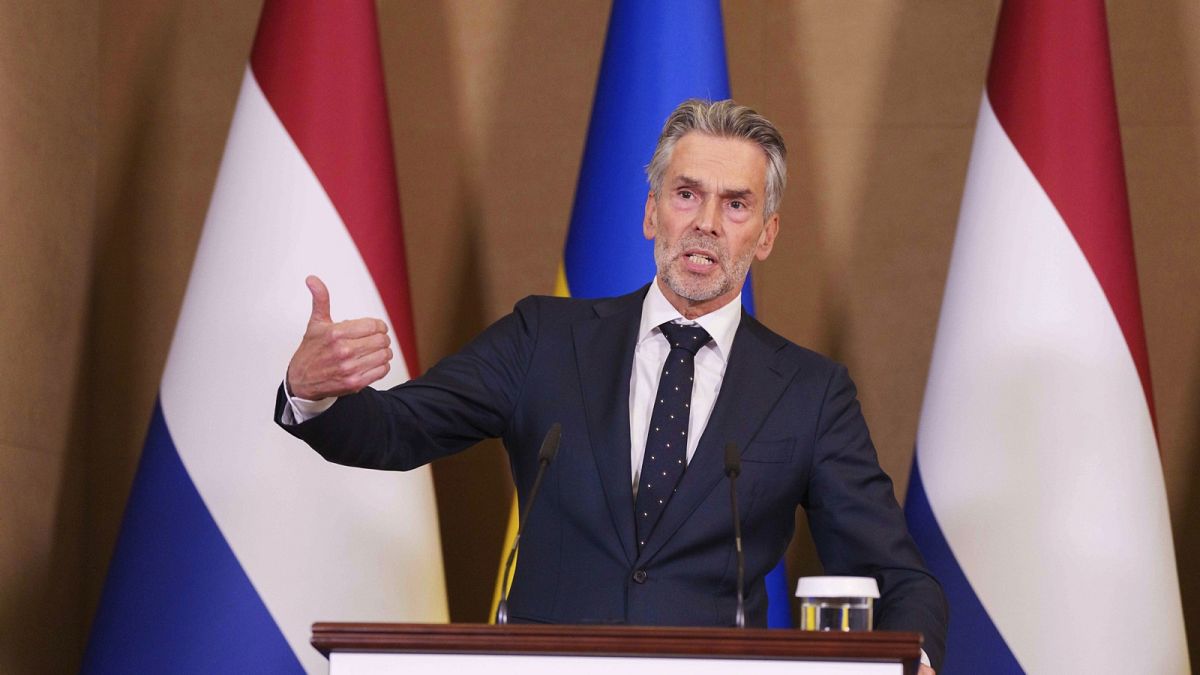
Netherlands Seeks EU Opt-Out on Asylum Rules Amid Growing Migration Crisis
The Dutch government is making headlines with its dramatic move to seek an opt-out from the European Union's asylum and migration regulations. This unprecedented step, led by Prime Minister Dick Schoof, reflects the Netherlands' deepening struggle with migration issues and signals a significant shift in its approach to asylum policy.
As of September 13, 2024, the Dutch coalition government, which includes the far-right PVV party led by Geert Wilders and other right-leaning factions, is set to request an opt-out clause from EU asylum laws. This request is described as an attempt to establish what they term the "strictest asylum regime ever." The coalition's plan, unveiled in their latest government programme, aims to bypass certain EU regulations in an effort to curb what they see as an overwhelming influx of asylum seekers.
Also Read:- Gasly's Azerbaijan Grand Prix Qualifying Disqualification: A Closer Look
- Former Teacher Helps Snow Patrol Rediscover Their Magic With New Album
The Dutch government’s intention to request this opt-out clause is seen as a bold and contentious move. It could lead to significant repercussions not only for the Netherlands but for the broader European Union. The request is expected to be made "as soon as possible," according to the government’s statements. However, achieving this opt-out may prove difficult. The European Commission has emphasized that once legislation is adopted, member states cannot simply opt out. Exemptions must be negotiated prior to the adoption of any legislation, not afterward.
The motivation behind this move stems from the increasing pressure the Netherlands faces due to high numbers of asylum seekers. In 2023, about 48,500 asylum seekers and their families entered the country. The Dutch government argues that the current asylum framework is insufficient to handle this volume effectively. They have proposed new emergency measures, including freezing asylum applications and expedited deportations, as well as the possibility of forcibly returning individuals to their countries of origin.
Moreover, the Dutch government plans to focus on financial contributions rather than direct asylum reception under the EU’s New Pact on Migration and Asylum. This Pact, finalized in May, offers a system of mandatory solidarity where countries can either accept a set number of asylum seekers, pay a fee for each one they reject, or provide operational support. The Netherlands has indicated it will opt for the financial route rather than increasing its intake of asylum seekers.
The implications of this move are substantial. If the Netherlands were to successfully negotiate an opt-out, it could set a precedent that might lead other EU countries to seek similar exemptions. This could potentially destabilize the EU’s unified approach to migration and asylum, creating a ripple effect across member states.
Overall, the Dutch government’s strategy represents a dramatic departure from traditional EU asylum policies. It underscores the growing tension within Europe regarding migration and the pressures that national governments are facing as they grapple with asylum and border control issues.
Read More:

0 Comments